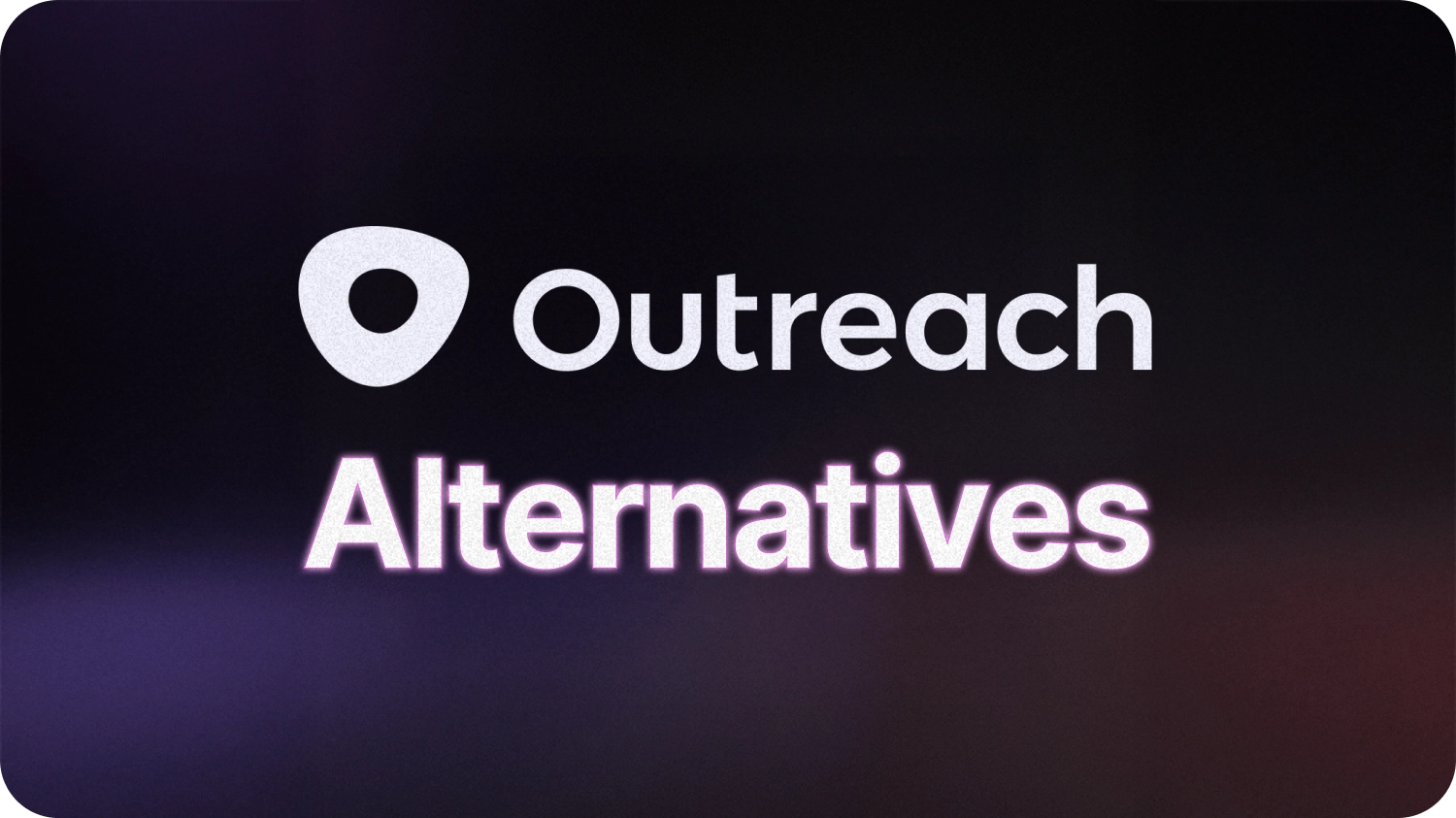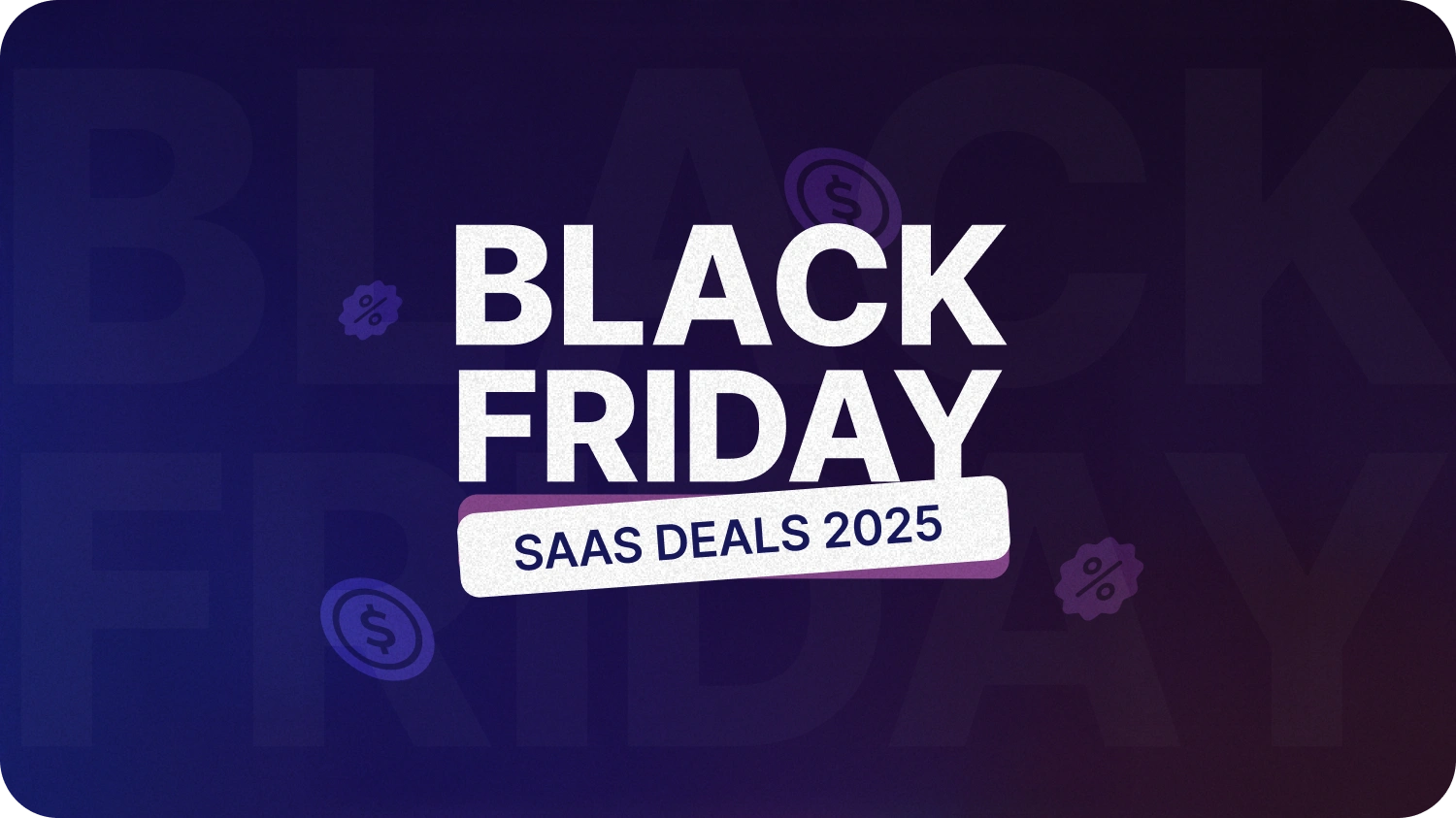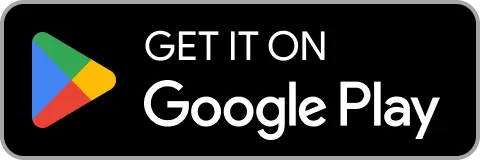Frequently Asked Questions
However, when looking for alternatives, consider tools that offer robust sales engagement features, user-friendly interfaces, and strong customer support.
Generally, pricing can vary significantly based on features, user counts, and subscription models, so it's important to evaluate each tool based on your specific budget and needs.
Key features to consider include email tracking, automation capabilities, analytics, CRM integration, and user-friendly interfaces to enhance your sales team's productivity.
Many sales engagement tools offer free trials or freemium models, but it's essential to assess whether these options meet your team's specific requirements.
Outdoo enhances your sales team's performance by creating a seamless connection between roleplay practice and real customer interactions. Our adaptive AI-driven platform allows teams to engage in realistic simulations that mirror actual buyer behavior, ensuring that skills are not just learned but effectively applied during live calls. Post-call assessments provide actionable insights, validating improvements and identifying gaps, which enables targeted coaching. This closed-loop system empowers enterprise teams to continuously refine their approach, driving measurable performance enhancements across the organization.


.svg)

.webp)











